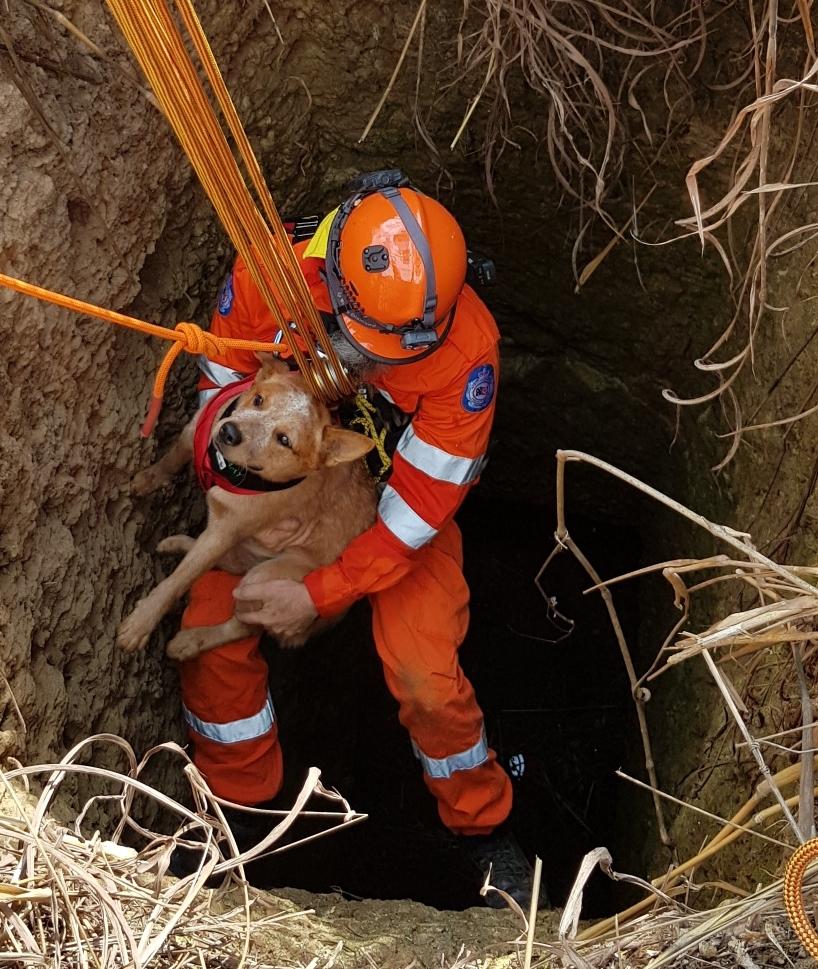
Many Territorian households have pets
Dogs, cats and reptiles are common within the metropolitan areas and horses, cattle and poultry are some of the companions found in rural Territory households.
Your animals are your responsibility and it is up to you to plan ahead and prepare for the safety and welfare of your pets.
Most emergency shelters do not allow pets, so you need to consider how you will look after your pets, livestock or other farm animals in the event of a disaster.
- Be prepared
- Include your animals in your household emergency plan.
- Properly identify and register your pets (e.g. name tags, microchip or band).
- Keep a list of emergency phone numbers handy.
- Be aware that some evacuation/emergency centres may not accept animals so make alternative plans accordingly.
- Act early
- If moving animals to a safer place, do so early to avoid unnecessary risk.
- Ensure there is access to plenty of food and water (without human assistance).
- If staying at home, secure animals in good time so that they do not run away. Remember animal behaviour may change if they sense a threat.
- Be considerate
- Act safe
- Learn more

